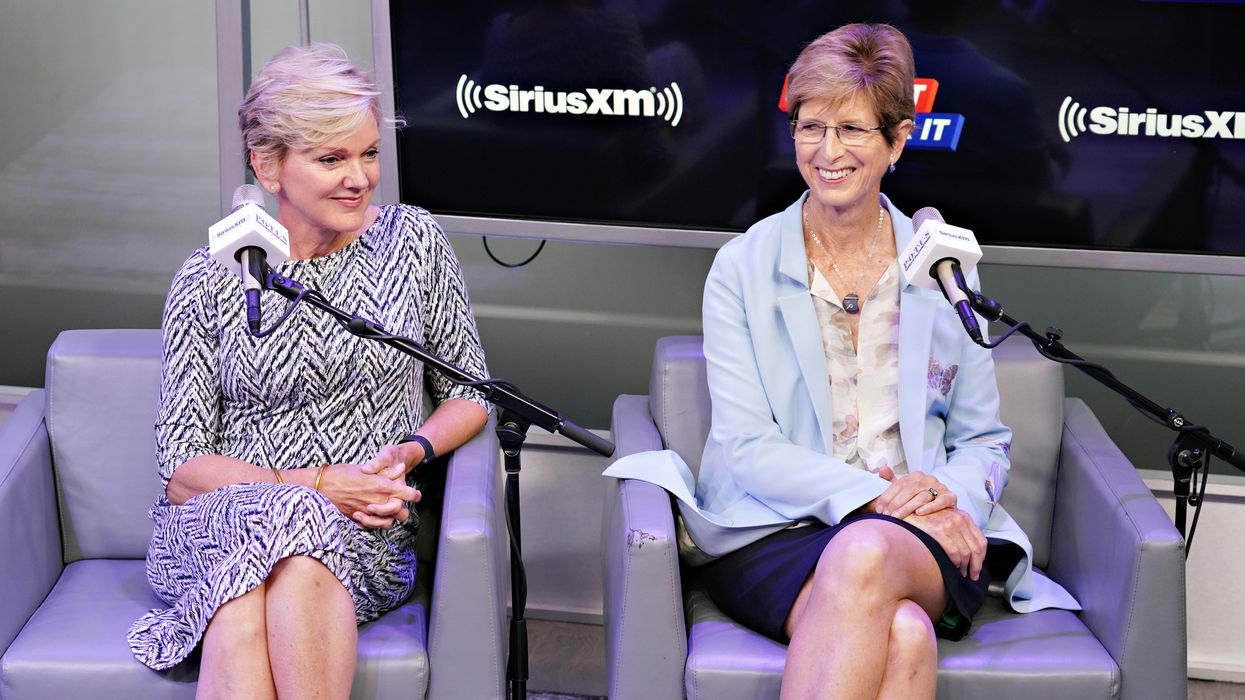Fifty former foreign policy officials, politicians and experts at promoting democracy abroad have united behind a diplomatically worded but blunt warning: The coronavirus could rapidly incubate autocratic behavior that threatens the integrity of the presidential election.
In an open letter on Thursday, the bipartisan group urged President Trump, former Vice President Joe Biden and all other American political leaders to reaffirm their commitment to democratic principles and unite behind efforts at "ensuring that the 2020 elections can take place consistent with the Constitution and in an inclusive, transparent, secure and fair manner."
Their call comes at a time when the pandemic has dramatically complicated the conduct of primaries, with a partisan gap widening over how aggressively and expensively to reconfigure election procedures — especially to encourage more absentee voting.
The manifesto also was issued a week after Biden, the presumptive Democratic nominee, predicted without evidence that Trump, who is forcefully opposing efforts to expand voting by mail, would ultimately move to delay the November election — undoubtedly precipitating a constitutional crisis because presidents plainly do not have such authority.
The letter carefully avoids any references to those particulars. Instead, it asks for a bipartisan commitment to elections that "enable participation by all citizens," with Congress and the states coming up with "procedures that do not require a choice between protecting health and exercising the franchise."
That is essential not only for the preservation of American democracy, the group said, but also for maintaining the country's global credibility
"We now face a challenge greater than many of us have ever experienced, a pandemic that will destroy lives, threaten our basic institutions and test our character," the letter said. "To meet this challenge, we must live up to the great heritage that has helped the United States inspire freedom-loving people around the world."
Signers include former members of Congress of both parties and senior diplomats in both Republican and Democratic administrations. Few of the signatories are people with wide name recognition, but almost all are well-respected in the Washington world of think tanks, foreign policy conferences and good governance convenings. The most prominent person is Christine Todd Whitman, a former EPA administrator and GOP governor of New Jersey.




















